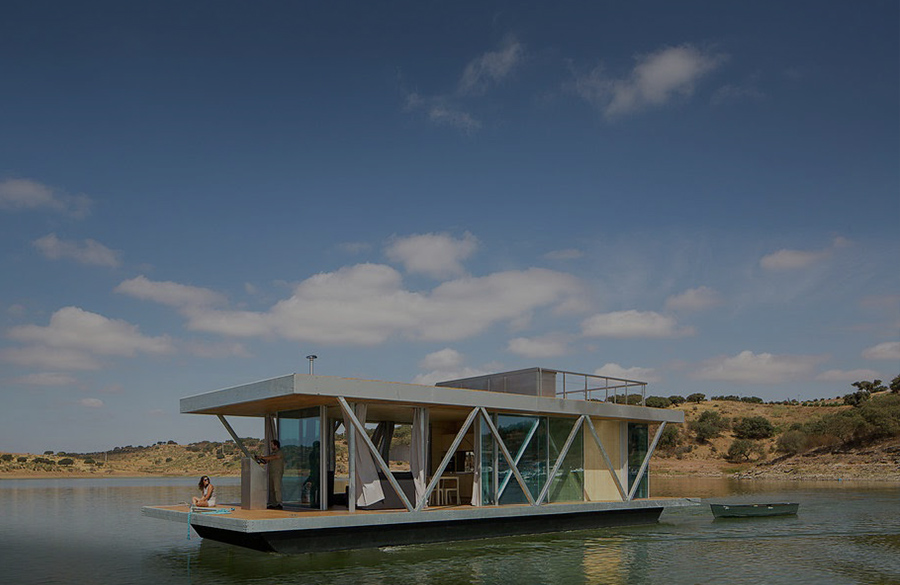
The Future of Floating Architecture: Embracing Life on Water
Welcome to the future of floating architecture where the reality of rising sea levels is shaping innovative design solutions. Architects are envisioning a future where communities live with water, and on it. This article explores a new study published in the journal Nature, which predicts the potential collapse of the Atlantic Meridional Overturning Current (AMOC), a part of which is the Gulf Stream, as early as 2025.
The Reality of Rising Sea Levels
The climate crisis is causing sea levels to rise at an accelerating pace. This reality is forcing communities, especially those in low-lying coastal zones, to adapt. Instead of building seawalls or elevating homes, architects are designing a future where we live with water, and on it.
Floating Cities: A Solution for Climate Resilience
Proposals for entire “climate-resilient” floating cities have been making headlines. But existing projects, from Lagos to Rotterdam, are already demonstrating how life on water might look. These projects could potentially be scaled up to accommodate larger populations.
The Work of NLÉ
NLÉ, an architecture practice led by Kunlé Adeyemi, has been researching and testing floating architecture around the world. Their work, featured in the exhibition “Water Cities Rotterdam,” includes a series of floating pavilions that evolved from their critically acclaimed Makoko Floating School project.
The Makoko Floating System
Inspired by the informal wooden structures built on stilts in the lagoon of Lagos, Nigeria, Adeyemi developed the Makoko Floating System (MFS). This system comprises sustainable timber structures that can be quickly assembled and disassembled as needed. The MFS is modular, efficient, and meets European building codes.
The Future of Floating Architecture
The future of floating architecture is promising. From housing to education, the MFS can be applied globally. Adeyemi has constructed the system in various countries to test it in different climatic and water conditions. The concept has even taken root in Mindelo, a port city in Cape Verde, in the form of a floating “music hub.”
Rotterdam: A City Embracing Water
Rotterdam, a city in the Netherlands most vulnerable to rising waters, is no stranger to floating architecture. The city is home to numerous design firms grappling with a watery future. One such project, Nassauhaven, features 17 floating homes created by local firm Public Domain Architects (PDA).
In a nutshell, as sea levels continue to rise, the future of architecture lies in embracing life on water. The work of architects like Kunlé Adeyemi and firms like Public Domain Architects is paving the way for a future where we live with water, rather than fight against it. As we face the realities of a changing climate, these innovative solutions serve as a beacon of hope for resilient, sustainable living.


